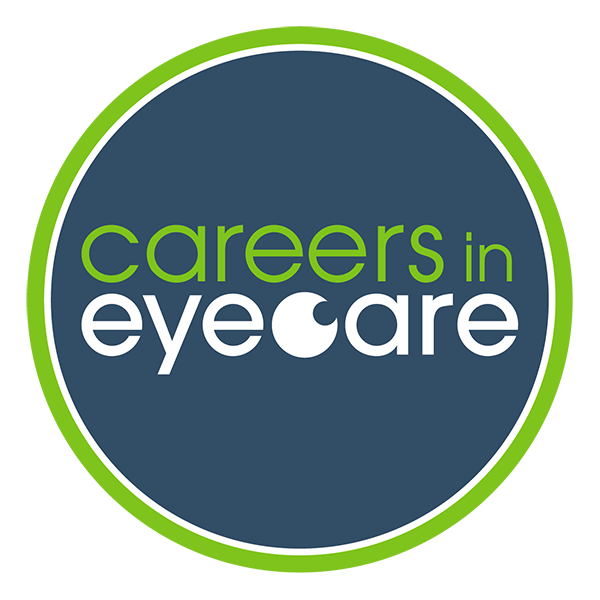See how to become a vision rehabilitation specialist with our career guide
What is a Vision Rehabilitation Specialist
Rehabilitation Specialists enable people with a visual impairment to be as independent as possible in their day to day lives.
What does a Vision Rehabilitation Specialist do?
Provide specialist assessment, support, information, training and advice to people with sight loss that may also have additional or multiple disabilities such as learning disabilities or autism. This may include training in orientation and mobility, sighted guide techniques or teaching independent daily living skills. Training may cover anything that the person wants to learn that will add value and quality to their day-to-day life.

What do you get from this role?
I enjoy the variety of the work and supporting people to maximise their independence.
What do you need to apply?
Foundation Degree Rehabilitation Work (Visual Impairment)
What skills do you need?
- Ability to communicate clearly both verbally and written forms.
- Ability to use appropriate IT.
- Ability to collect information and complete an assessment of need.
- Ability to collaborate with others.
What does your working day look like?
Every day is different there is always a different person to meet and they all have different needs. Some days will have lots of paperwork, for example, recording data and information, writing up assessments and looking through referrals. Other days I will be out and about visiting clients in their homes and attending meetings. A typical day may start with attending our Special Services Team (SST) meeting to update on the people we support and discus any new referrals to the service. Following the SST I make a train journey to a new care home located in Surrey to visit some people I am supporting to settle into their new homes and neighbourhood. The afternoon is spent supporting people who have both sight loss and learning disabilities with their orientation and mobility either in their own homes or out and about in the local community. For example, I have been supporting a gentleman, who uses a long cane, to learn a route to the local shop as he works towards becoming more independent in his local area. Towards the end of day, I usually update supporting staff on progress, confirm the next sessions with the people I support before completing the final task of the day which is to write up individual case notes. It’s now time to check my mobile phone for messages and go through my diary for the next few days while getting the train home.







